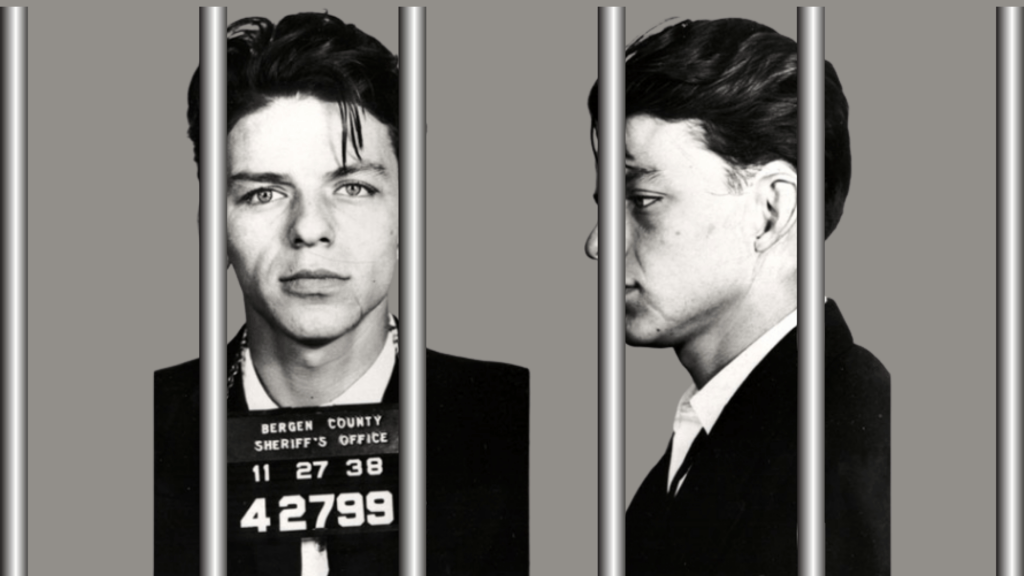Looking at Val Kilmer today, you might not recognize the voice that once commanded the screen as Iceman in Top Gun. The talented actor’s battle with throat cancer changed everything.
What started as minor throat discomfort became a life-altering diagnosis that Kilmer kept secret for years. His story reveals important lessons about recognizing cancer symptoms and understanding patient rights.
This is more than just a celebrity health story. It’s a case study in how delayed diagnosis and personal beliefs can shape someone’s entire future.
Also read: Why Did Robin Williams Kill Himself?
Who is Val Kilmer?
Val Kilmer was born on December 31, 1959. He built his name as one of Hollywood’s most intense actors. He brought memorable characters to life on screen for over three decades.
| Movie | Year | Role | Impact |
|---|---|---|---|
| Top Gun | 1986 | Iceman | Breakthrough role that made him a star |
| The Doors | 1991 | Jim Morrison | Showed acting range, spent months in character |
| Tombstone | 1993 | Doc Holliday | Western classic, memorable performance |
| Batman Forever | 1995 | Batman/Bruce Wayne | The third actor to play Batman on screen |
| Heat | 1995 | Chris Shiherlis | Crime thriller with De Niro and Pacino |
These film successes made Kilmer a respected Hollywood figure. However, his personal choices also shaped his public image.
Religious Background: Kilmer followed the Christian Science faith for many years. This religion focuses on spiritual healing over traditional medicine.
Work Style: Known for being selective about roles. Sometimes had conflicts on movie sets due to his intense method acting approach.
Philanthropy: Worked with Native American communities and environmental groups. Created art and poetry outside of acting.
Privacy: Always kept personal matters away from public attention. This privacy became important when health issues later affected his career.
How Did Val Kilmer Get Throat Cancer?
Val Kilmer has never publicly stated the exact cause of his throat cancer. The actor kept his diagnosis private for years. He only confirmed having cancer after fans noticed changes in his voice.
Kilmer was diagnosed with throat cancer around 2014. He underwent treatment, including chemotherapy and radiation. The treatments affected his voice and required him to use a feeding tube.
Medical records and specific causes remain private. What we know comes from his own statements and the 2021 documentary “Val.” He mentioned having a “healing of cancer” but avoided giving medical details.
Common throat cancer risk factors include smoking, heavy alcohol use, and HPV infection. Poor diet and environmental exposures also increase risk. Men over 50 face higher rates of this disease.
Patient privacy laws protect medical details. This explains why we know limited information about Kilmer’s specific case. Responsible reporting focuses on verified facts rather than speculation.
Symptoms Val Kilmer Ignored Before Diagnosis

Many throat cancer patients miss early warning signs that could lead to faster treatment and better outcomes. Here are some Val Kilmer ignored.
1. Early Warning Signs Reported
Val Kilmer likely experienced throat discomfort for months before seeking medical help. Friends and colleagues noticed changes in his voice during film projects.
Voice changes are often the first sign of throat cancer. Kilmer’s voice became noticeably different in interviews from 2014-2015. Swallowing difficulties may have developed gradually but were dismissed as a minor irritation.
2. Overlooked Indicators
A persistent cough without other cold symptoms is a warning sign that people often ignore. Kilmer may have attributed this to normal throat clearing from acting work.
Unexplained weight loss can signal serious health problems. Photos from that time show Kilmer looking thinner than usual. Neck swelling or lumps might have been present but hidden from public view.
3. Why Symptoms Were Dismissed
Kilmer’s Christian Science beliefs may have influenced his response to symptoms. This faith emphasizes spiritual healing over medical intervention.
The actor’s busy work schedule could have masked health concerns. Voice strain from acting might have seemed like normal work-related fatigue.
4. Medical & Legal Implications
Delayed diagnosis can significantly impact treatment success rates. Earlier detection typically leads to less intensive treatments and better survival rates.
Patient rights include access to timely and accurate diagnosis. When symptoms are dismissed or misdiagnosed, patients may have grounds for legal action.
The Diagnosis and Treatment Journey
Val Kilmer’s path from diagnosis to recovery spanned several years and involved complex medical decisions that became public knowledge.
Val Kilmer’s health journey began privately but eventually became a matter of public interest. His treatment choices reflected both medical necessity and personal beliefs. The legal framework surrounding patient consent played a role in his decisions.
Val Kilmer Treatment Timeline2014 Initial throat cancer diagnosis confirmed after persistent symptoms, began keeping the diagnosis private from the media and fans. ↓ 2015-2016 Started chemotherapy and radiation therapy treatments, underwent multiple rounds of intensive medical care. ↓ 2016 Tracheostomy surgery, performed to help with breathing difficulties, required a feeding tube for nutrition during treatment. ↓ 2017 Finally confirmed cancer diagnosis publicly after years of speculation, and addressed rumors about his health in interviews. ↓ 2018-2019 Entered recovery phase with voice rehabilitation therapy, continued using a feeding tube while learning to swallow again. ↓ 2020 Showed gradual improvement in speech and swallowing abilities, and began appearing at public events with an altered voice. ↓ 2021 The documentary “Val,” which shows treatment footage and the recovery process, used the platform to educate others about throat cancer. |
Informed consent laws protected Kilmer’s right to make treatment choices. Patients can legally refuse certain treatments even when doctors recommend them.
Public reaction to his health news was mixed, with fans expressing both concern and support for his right to privacy. The actor later used his platform to raise awareness about throat cancer through his documentary work.
Lessons from Val Kilmer’s Throat Cancer

Val Kilmer’s public battle with throat cancer has created important conversations about early detection, patient rights, and healthcare responsibilities.
- Early throat cancer detection can increase survival rates by up to 90% when caught in stage 1, compared to much lower rates in advanced stages
- Medical professionals emphasize routine screenings for high-risk individuals, including those over 50, smokers, and heavy drinkers, to catch symptoms before they progress
- Legal frameworks require doctors to inform patients about screening options and document when patients refuse recommended tests or examinations
- Patients have the legal right to seek second opinions without penalty from their current healthcare providers, especially for serious diagnoses like cancer
- Healthcare providers must present all treatment options clearly, including risks, benefits, and alternative approaches, to ensure truly informed consent
- Medical malpractice laws protect patients when doctors fail to diagnose obvious symptoms or delay necessary testing that could have led to earlier treatment
- Celebrity health stories like Kilmer’s increase public interest in throat cancer awareness and drive more people to discuss symptoms with their doctors during routine visits
These lessons highlight the need for better communication between patients and healthcare providers to improve outcomes for everyone facing similar health challenges.
Conclusion
Val Kilmer’s throat cancer pilgrimage serves as a powerful reminder of how health decisions impact both individuals and the broader public understanding of disease prevention.
Kilmer’s experience highlights the importance of recognizing early symptoms and seeking timely care. His delayed diagnosis shows how personal beliefs can interfere with healthcare decisions.
Early symptom recognition remains the most effective tool against throat cancer. Voice changes and throat pain should prompt immediate medical consultation.
Celebrity health stories create opportunities for public education. Kilmer’s openness has encouraged others to take throat symptoms seriously and seek early medical attention.










